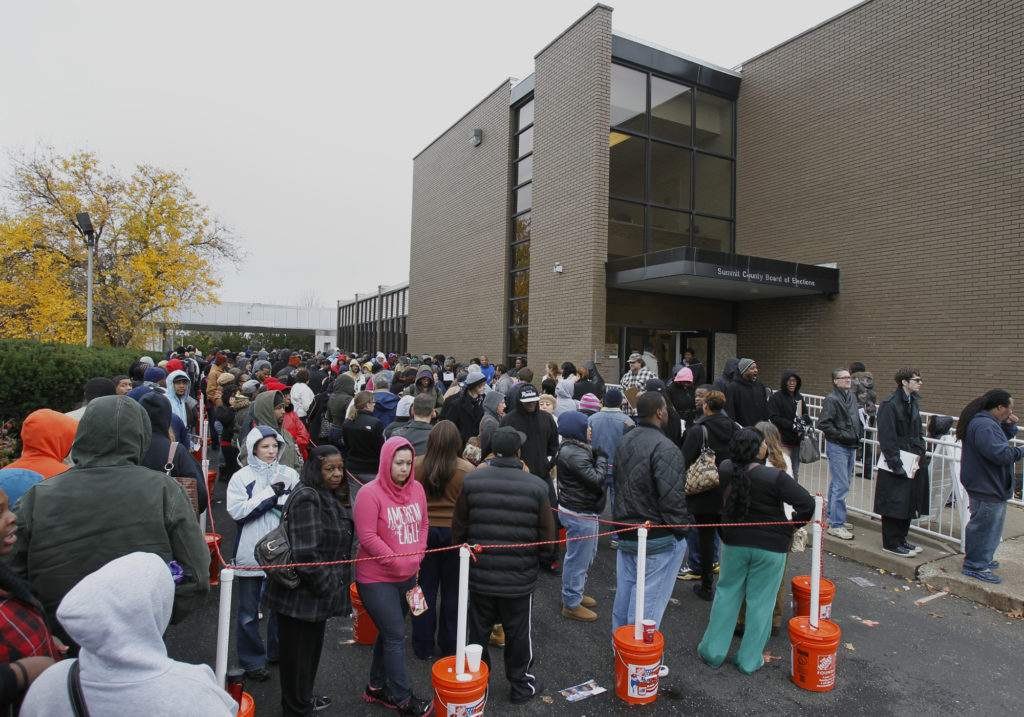Vote suppression at the margins can easily swing competitive elections

Dave Weigel has some good pushback against Savvy claims that Republican vote suppression laws are ACTUALLY no big deal:
Last year, to ease pressure on polling places and on voters who couldn’t easily or safely reach them, Atlanta’s Fulton County launched two “mobile voting units,” buses that functioned as fully staffed voting booths. For a cost of around $750,000, the county collected 11,200 votes across both buses, which stopped in different Atlanta locations at times announced by the county in advance. Joe Biden would go on to carry the county with 73 percent of the vote.
The new law grounded those buses, mandating that mobile voting stations “shall only be used in emergencies declared by the Governor.” It also altered the state’s provisional ballot rules, requiring voters who show up to the wrong polling place before 5 p.m. to relocate and find their real polling place before 7 p.m. Voters arriving at the wrong precincts tend to cast most provisional ballots, which must be validated after the election; 11,120 valid provisional ballots were cast in the state last year, breaking about 2-to-1 for Biden over Trump. Combined, the ballots cast by both methods are nearly double the margin by which Biden won Georgia.
Obviously, it’s possible that some of these voters would have been able to vote anyway under the new rules had they been in place, but the point is that you don’t have to stop that many votes to flip a competitive election. Particularly since these rules do not actually have any affirmative value, that’s a big deal!
It’s also worth noting that Republicans are taking measures to stop philanthropists from helping deliberately underfunded counties run their elections:
Florida, Texas, and the rest of the states re-fighting 2020 would also have prevented an election tactic that its proponents were proud of last year: philanthropic grants for local election officials. As the pandemic bit down, Facebook founder Mark Zuckerberg poured $350 million into the Center for Tech and Civic Life, which offered grants to election officials who said they were not ready to open the polls under lockdown conditions.
The grants were popular with election officials, partisan and nonpartisan, with big, urbanized places such as Texas’s Harris County and Florida’s Palm Beach County collecting millions of dollars and using them to upgrade machines or buy protective gear for poll workers. But after the election, they emerged as another potential villain in the story of why Trump lost. At CPAC, where Trump made his only public political speech since leaving the presidency, multiple panels discussed a Time magazine cover package on the “shadow campaign” to save the 2020 election, ironically noting that there was a “conspiracy unfolding behind the scenes,” just not the one Trump was talking about.
This has nothing to do with stopping “fraud,” and everything to do with the belief that people of color voting is illegitimate. People poo-pooing these measures are essentially allies of the House Republican conference’s war on democracy.


